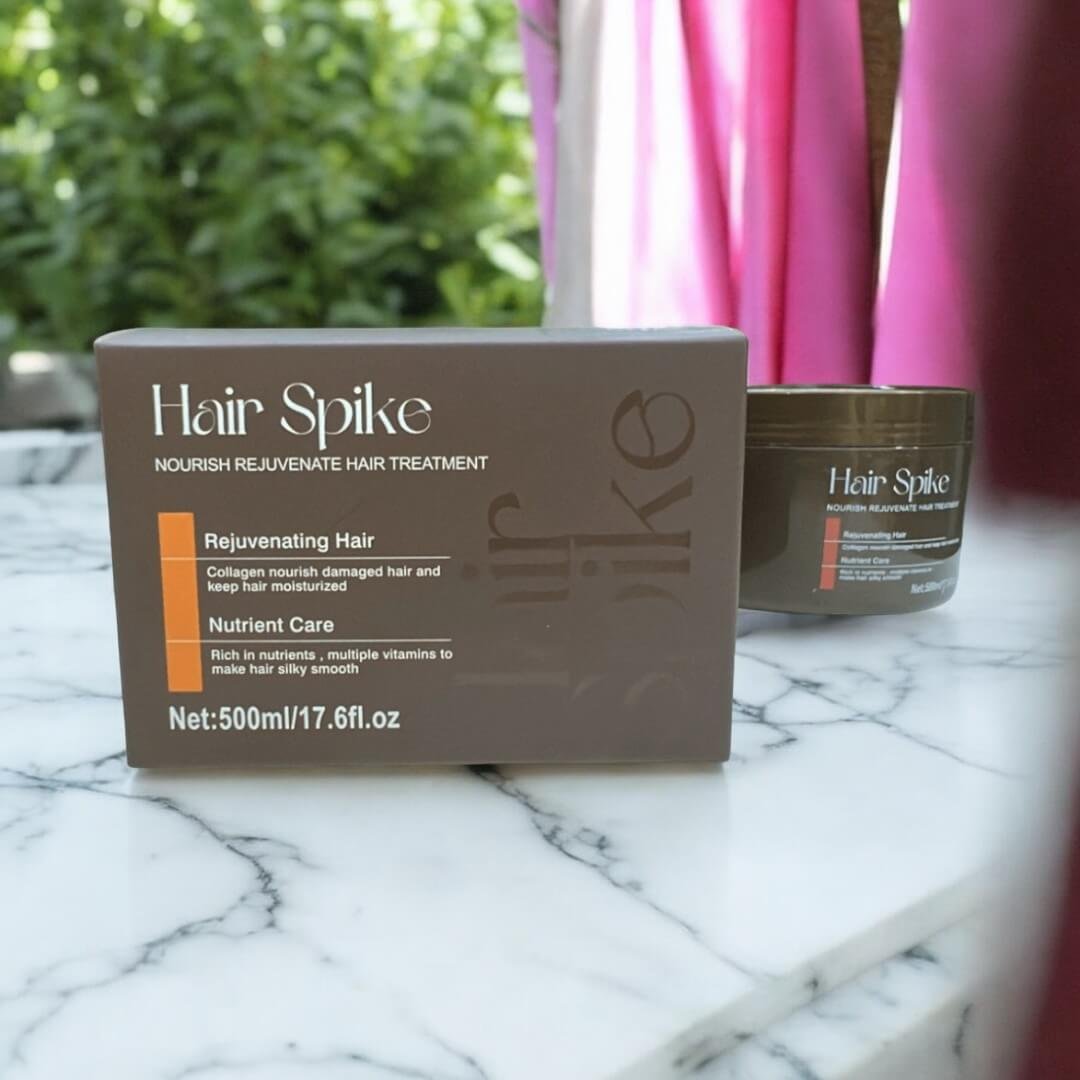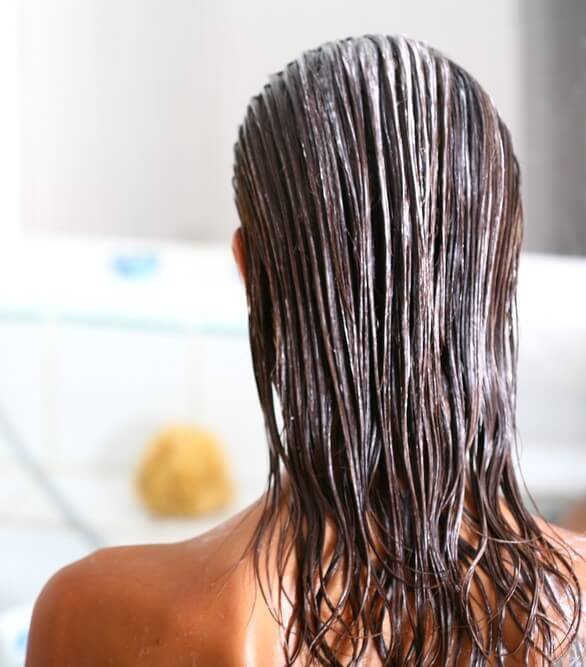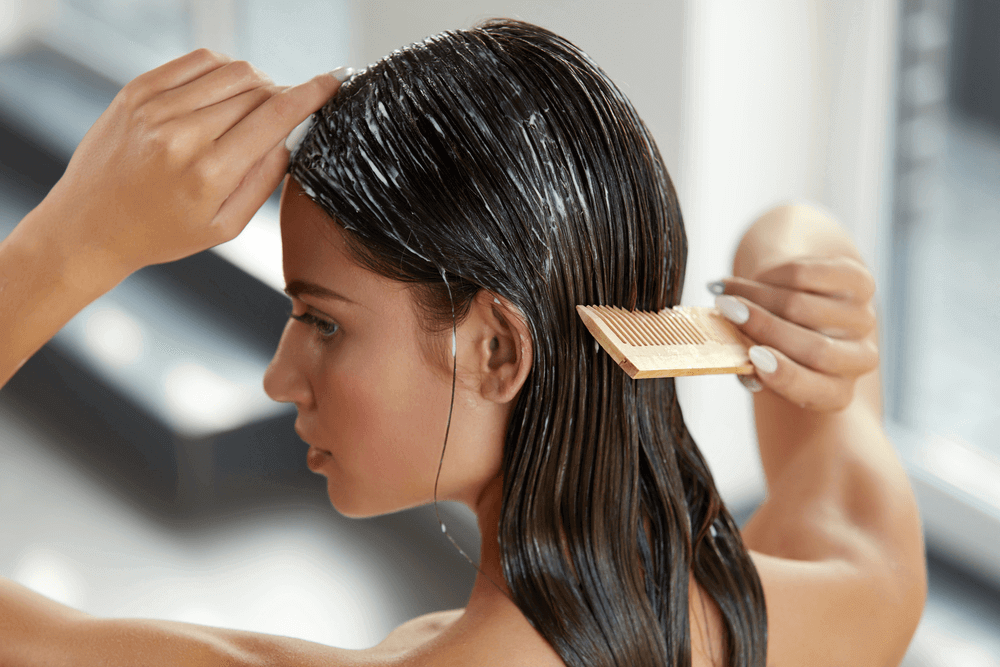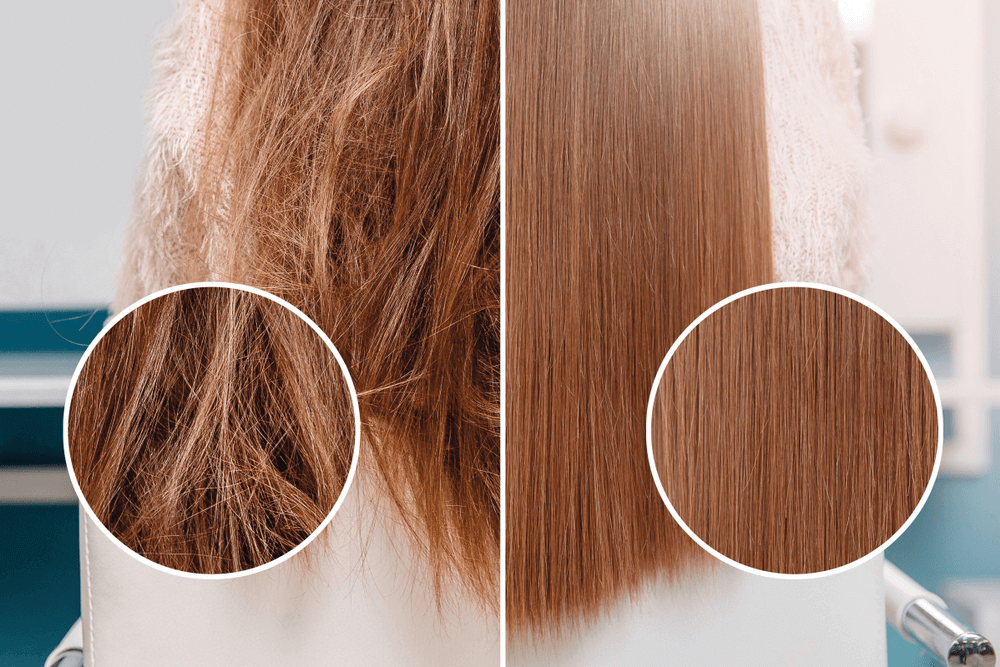What is a Hair Mask
A hair mask is a deep conditioning treatment designed to nourish, hydrate, and repair hair. Unlike regular conditioners, which provide surface-level moisture and softness, hair masks penetrate deeper into the hair shaft to address more intensive hair care needs.
These treatments are packed with a rich concentration of nutrients and active ingredients, including natural oils, vitamins, and proteins, making them an essential part of any comprehensive hair care routine.
Benefits of Using a Hair Mask
Deep Conditioning: Hair masks offer intense moisture to dry and damaged hair, restoring its softness and luster. They help to smooth the hair cuticle, which reduces frizz and enhances shine.
Repair and Strengthening: Ingredients such as keratin, biotin, and amino acids help to repair and strengthen hair from within. This is especially beneficial for hair that has been damaged by heat styling, chemical treatments, or environmental factors.
Hydration: Hair masks provide a much-needed hydration boost to parched hair. Ingredients like coconut oil, argan oil, and shea butter are excellent for replenishing moisture and preventing further dehydration.
Improved Elasticity: Regular use of hair masks can improve the elasticity of the hair, making it less prone to breakage and split ends. This leads to healthier, longer hair over time.
Scalp Health: Many hair masks also contain ingredients that benefit the scalp, such as tea tree oil, aloe vera, and peppermint oil. These can help to soothe irritation, reduce dandruff, and promote a healthy environment for hair growth.
Types of Hair Masks
Hair masks come in various formulations, tailored to address specific hair types and concerns.
- Moisturizing Hair Masks: Ideal for dry and brittle hair, these masks are rich in hydrating ingredients like honey, glycerin, and avocado oil.
- Repairing Hair Masks: Best for damaged or chemically treated hair, these contain proteins and strengthening agents like keratin and silk proteins.
- Color-Protecting Hair Masks: Formulated to maintain and enhance hair color, these masks often include UV filters and antioxidants.
- Scalp Treatment Masks: Designed to improve scalp health, these masks can address issues like dandruff, dryness, or excess oil.
How to Use a Hair Mask
Preparation
Start with clean, towel-dried hair. Shampoo your hair to remove any buildup and pat it dry to ensure the mask can penetrate effectively.
Application
Apply the hair mask from mid-length to ends, avoiding the roots unless it’s a scalp treatment mask. Use a wide-tooth comb to distribute the product evenly through your hair.
Processing Time
Leave the mask on for the recommended time, usually between 10 to 30 minutes. For deeper conditioning, you can cover your hair with a shower cap and apply gentle heat using a blow dryer.
Rinse and Style
Rinse the mask thoroughly with cool water to seal the hair cuticle. Follow up with your regular styling routine.
Choosing the Right Hair Mask
When selecting a hair mask, consider your hair type and primary concerns:
- For dry hair: Look for masks with intense moisturizing properties.
- For damaged hair: Opt for masks that emphasize repair and strengthening.
- For colored hair: Choose color-safe formulas that protect and enhance your hair color.
- For oily scalp: Use clarifying masks that balance oil production without stripping moisture from your hair.
Bottom Line
Incorporating a hair mask into your hair care routine can make a significant difference in the health and appearance of your hair.
By providing deep conditioning, hydration, and repair, hair masks address a range of hair concerns, from dryness and damage to frizz and dullness.
Whether you use them weekly or as an occasional treat, hair masks are a powerful tool for achieving stronger, shinier, and more resilient hair. Try Hair Spike Mask today and transform your hair care routine!
Also Read How to Use a Hair Mask




